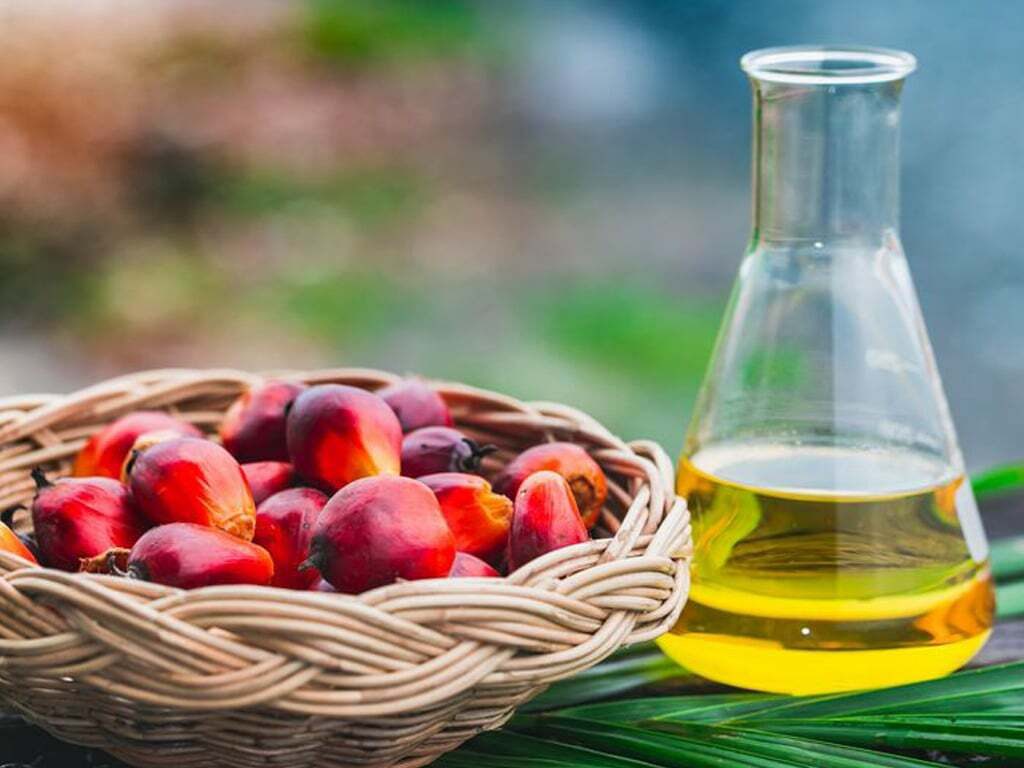Indonesia has scrapped its export levy for all palm oil products until Aug. 31 in a fresh effort to boost exports and ease high records. Finance ministry officials said on Saturday, adding the move would not interrupt government revenues.
The decision by the world’s biggest palm oil exporter could additional reduce prices, which have fallen by about 50% since late April to their lowest in over a year.
Indonesian palm oil producers have been struggling with high inventories since the country obligatory a three-week export ban through to May 23 to decrease domestic cooking oil prices.
Since lifting the ban, Jakarta applied rules on mandatory local sales – known as the domestic market obligation (DMO) – to keep produce at home made into cooking oil.
At the same time, it has tried to clear up storage tanks by cutting export taxes and initiation a shipment quickening program, but exports continued slow and companies have blamed the DMO rules, as well as problems with safeguarding cargo vessels.
Export Levy for Palm Oil:
The levy removal intended to additional support exports, Febrio Kacaribu, the ministry’s head of fiscal policy agency, told reporters on the sideline of a G20 finance meeting in Bali.
“In the context of government revenues, (the impact) not too big,” he said.
Finance Minister Sri Mulyani Indrawati said a liberal palm oil export levy would be functional starting Sept. 1, with the rate set between $55 and $240 per tonne for crude palm oil, depending on prices.
High palm oil stocks have forced mills to limit purchases of palm fruits. Farmers protested their unsold fruits left to rot.
There were 7.23 million tonnes of crude palm oil in storage tanks at the end of May, data from the Indonesian Palm Oil Association (GAPKI) showed on Friday.
GAPKI received the new measure, but it recommended the DMO rules detached too, its secretary general Eddy Martono said.
“For now remove the DMO … until stocks drop to 3 million to 4 million tonnes. Our problem now the inventory too high,” he told Reuters.


